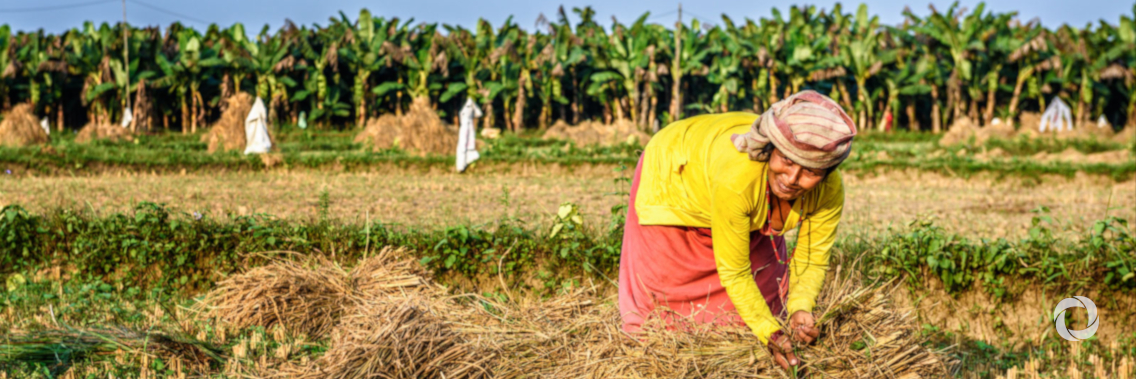The Asian Development Bank (ADB) has approved a $50 million policy-based loan to help support the Government of Nepal’s reforms to improve food safety measures, enhance agricultural trade standards, and promote agricultural commercialization in the country.
“Agriculture has a big potential to contribute significantly to Nepal’s growth and development, but the sector remains rooted on subsistence farming and food safety measures are impeding the prospect of trade with other countries,” said ADB Senior Public Management Economist Mr. Navendu Karan. “ADB’s assistance will help address these issues by making sure that Nepal’s agricultural products and processes are up to international standards.”
Agriculture plays a key role in Nepal’s economy, contributing 27% of gross domestic product in 2019, with 55% of the country’s working-age population (above 15 years) engaged in subsistence agriculture, 61% of whom are women. However, the sector’s productivity remains the lowest in South Asia, given the dominance of subsistence farming, poor adoption of suitable on-farm and post-harvest technology, lack of timely supply of quality inputs including fertilizer and seeds, and limited financial services and infrastructure.
The Food Safety and Agriculture Commercialization Program, comprised of a two-tranche, standalone policy-based loan, will improve food safety and quality monitoring systems in Nepal, particularly in enhancing the regulatory and institutional capacity for sanitary and phytosanitary monitoring. This will include alignment with accepted standards for pesticide residue levels for fruits and vegetables, among others.
The program will promote agricultural commercialization by supporting the preparation of bankable business plans for selected commodities to widen farmers’ access to finance and business knowledge while building their capacity in good agricultural practices. Institutional capacity of relevant government authorities will be enhanced to ensure sustainability of progress in the agriculture sector.
Original source: ADB
Published on 04 November 2019

